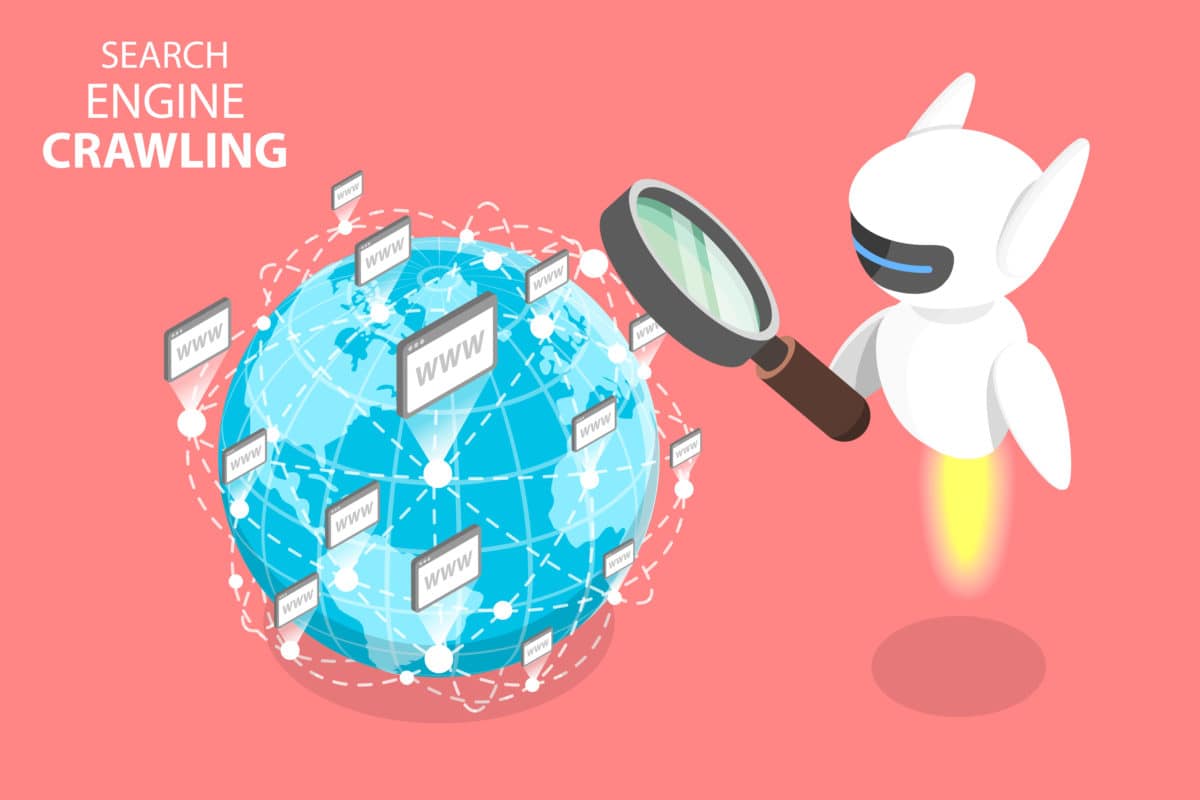Making sure your site gets crawled and indexed is a prerequisite to showing up in the SERPs. If you already have a website, it might be a good idea to start off by seeing how many of your pages are in the index. This will yield some great insights into whether Google is crawling and finding all the pages you want it to, and none that you don’t.
One way to check your indexed pages is “site:yourdomain.com”, an advanced search operator. Head to Google and type “site:yourdomain.com” into the search bar. This will return results Google has in its index for the site specified.
The number of results Google displays (see “About XX results” above) isn’t exact, but it does give you a solid idea of which pages are indexed on your site and how they are currently showing up in search results.
For more accurate results, monitor and use the Index Coverage report in Google Search Console. You can sign up for a free Google Search Console account if you don’t currently have one. With this tool, you can submit sitemaps for your site and monitor how many submitted pages have actually been added to Google’s index, among other things.
If you’re not showing up anywhere in the search results, there are a few possible reasons why:
- Your site is brand new and hasn’t been crawled yet.
- Your site isn’t linked to from any external websites.
- Your site’s navigation makes it hard for a robot to crawl it effectively.
- Your site contains some basic code called crawler directives that is blocking search engines.
- Your site has been penalized by Google for spammy tactics.
Tell search engines how to crawl your site
If you used Google Search Console or the “site:domain.com” advanced search operator and found that some of your important pages are missing from the index and/or some of your unimportant pages have been mistakenly indexed, there are some optimizations you can implement to better direct Googlebot how you want your web content crawled. Telling search engines how to crawl your site can give you better control of what ends up in the index.
Most people think about making sure Google can find their important pages, but it’s easy to forget that there are likely pages you don’t want Googlebot to find. These might include things like old URLs that have thin content, duplicate URLs (such as sort-and-filter parameters for e-commerce), special promo code pages, staging or test pages, and so on.
Can crawlers find all your important content?
Now that you know some tactics for ensuring search engine crawlers stay away from your unimportant content, let’s learn about the optimizations that can help Googlebot find your important pages.
Sometimes a search engine will be able to find parts of your site by crawling, but other pages or sections might be obscured for one reason or another. It’s important to make sure that search engines are able to discover all the content you want indexed, and not just your homepage.
Ask yourself this: Can the bot crawl through your website, and not just to it?
Can search engines follow your site navigation?
Just as a crawler needs to discover your site via links from other sites, it needs a path of links on your own site to guide it from page to page. If you’ve got a page you want search engines to find but it isn’t linked to from any other pages, it’s as good as invisible. Many sites make the critical mistake of structuring their navigation in ways that are inaccessible to search engines, hindering their ability to get listed in search results.
Common navigation mistakes that can keep crawlers from seeing all of your site:
- Having a mobile navigation that shows different results than your desktop navigation
- Any type of navigation where the menu items are not in the HTML, such as JavaScript-enabled navigations. Google has gotten much better at crawling and understanding Javascript, but it’s still not a perfect process. The more surefire way to ensure something gets found, understood, and indexed by Google is by putting it in the HTML.
- Personalization, or showing unique navigation to a specific type of visitor versus others, could appear to be cloaking to a search engine crawler
- Forgetting to link to a primary page on your website through your navigation — remember, links are the paths crawlers follow to new pages!
GET TO THE TOP!
If you have questions or concerns about your online presence give Stratedia a call at 860.415.0430 or visit us online at stratedia.com. We‘re ranked #1 as the top seo company CT by Clutch.co! Let Stratedia help you, GET TO THE TOP!





